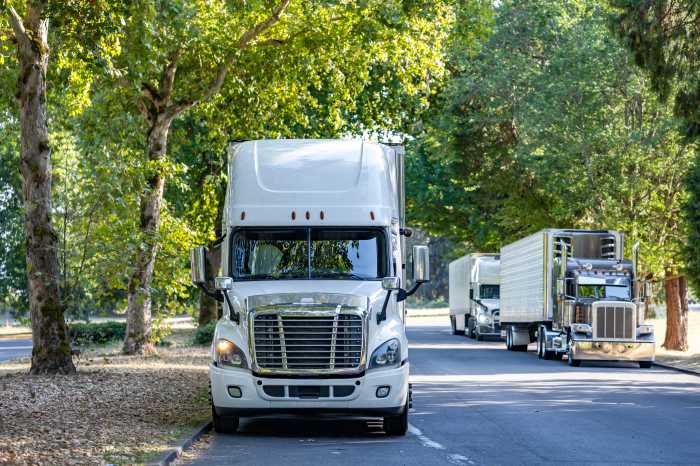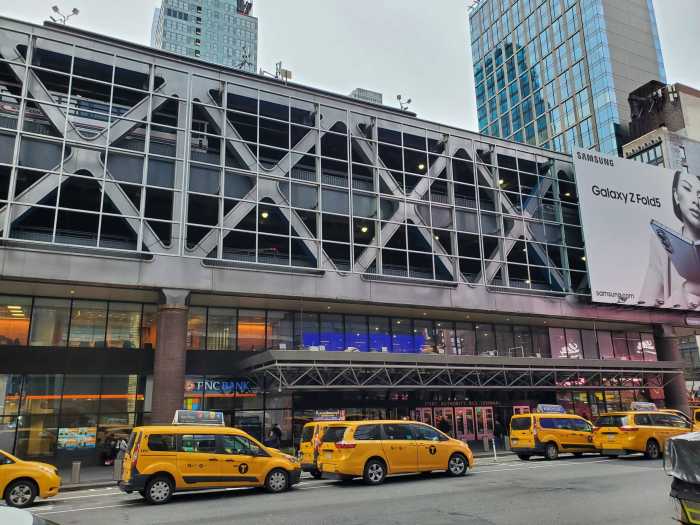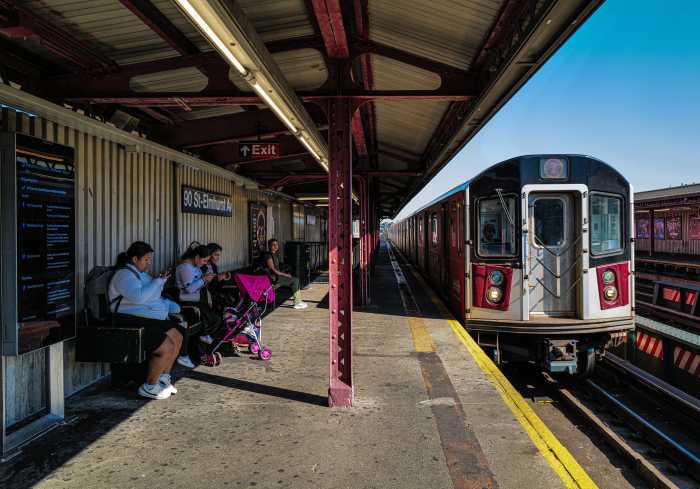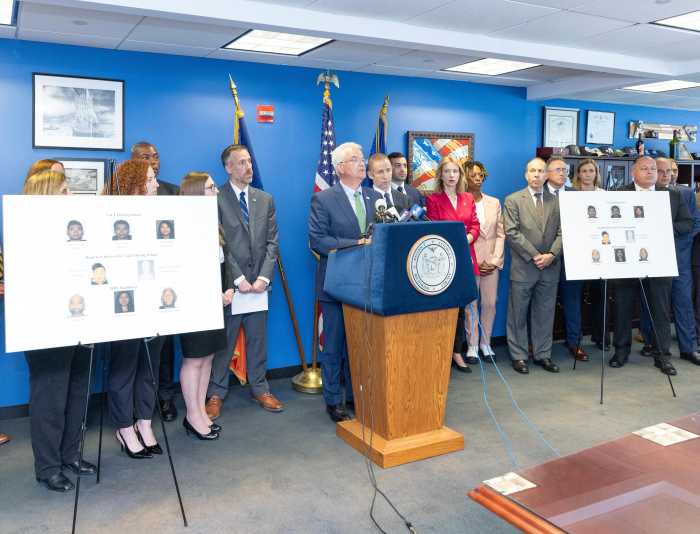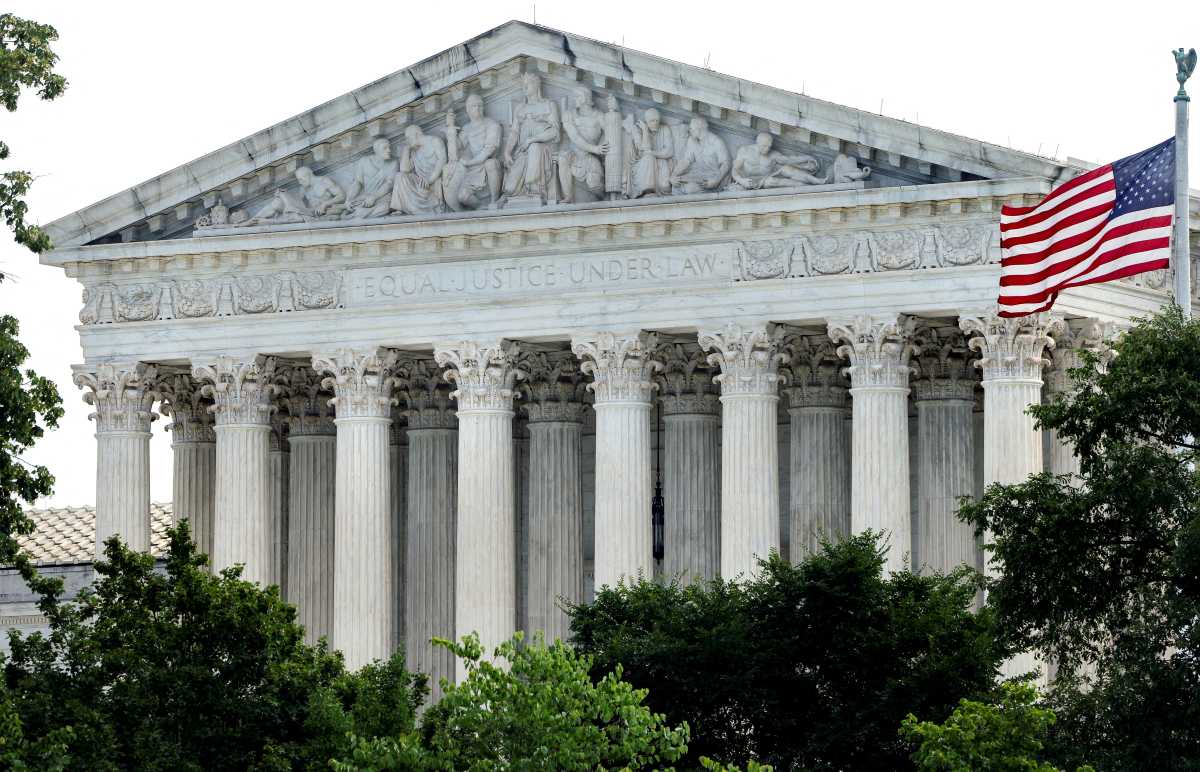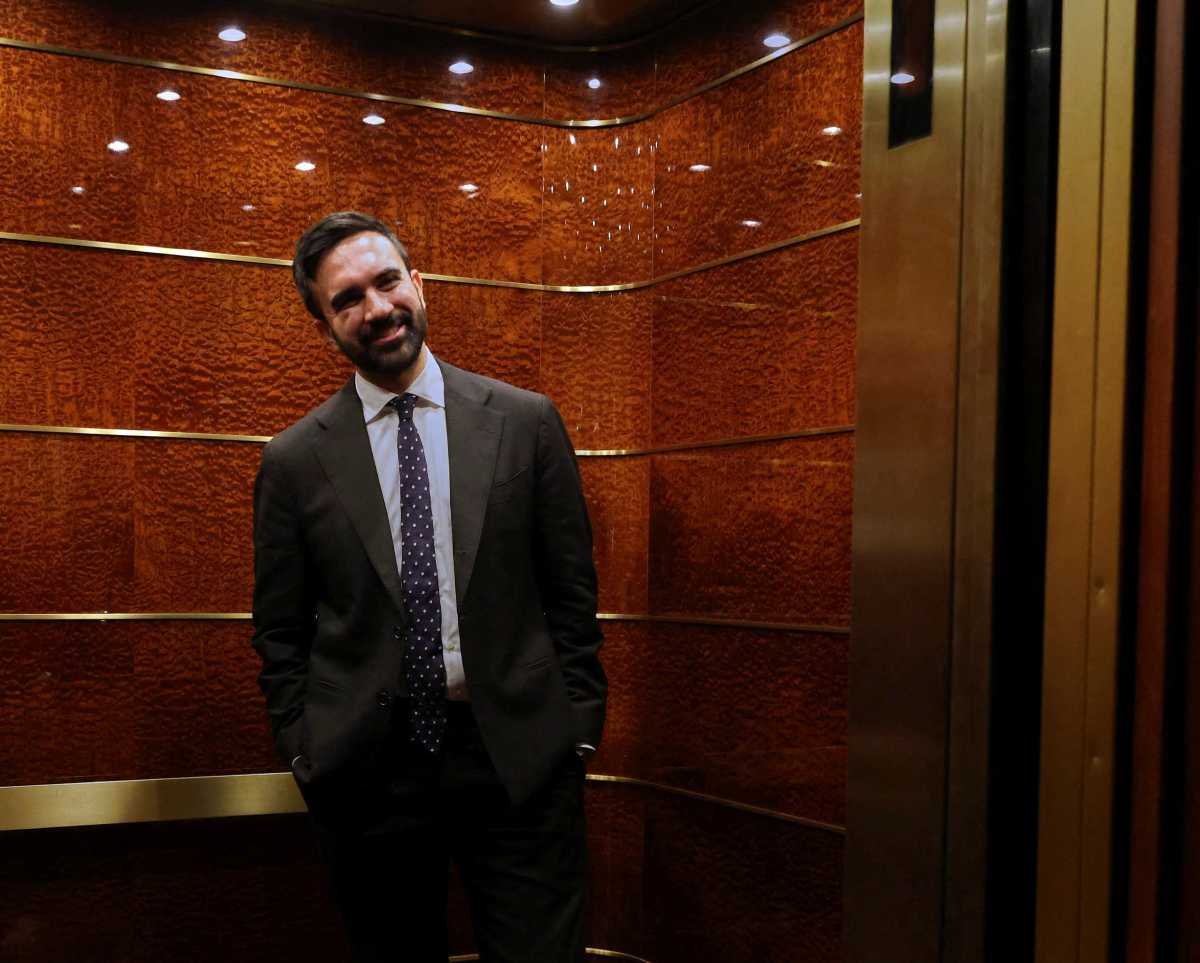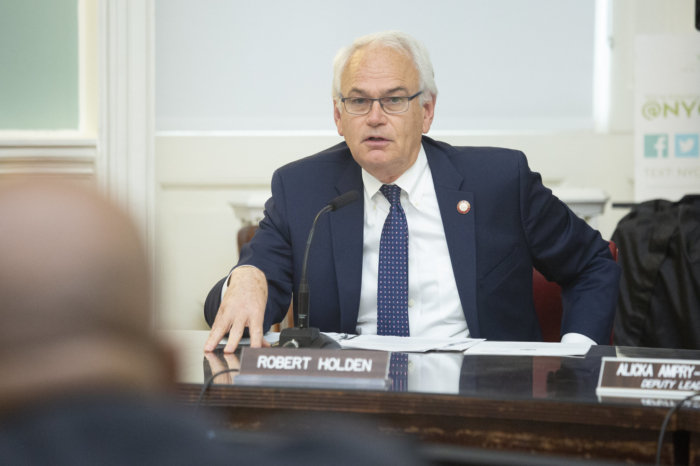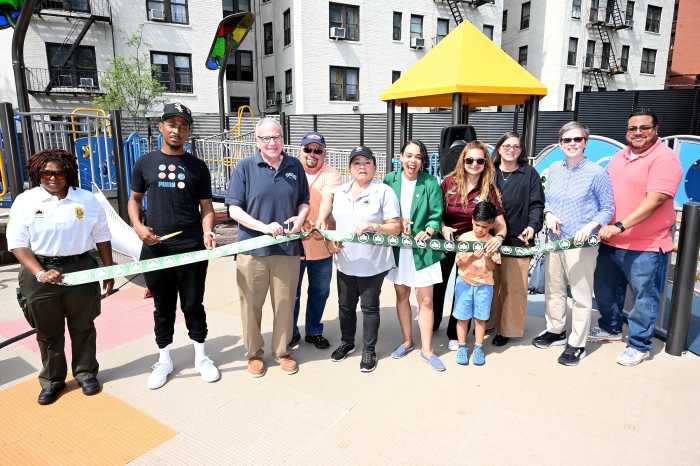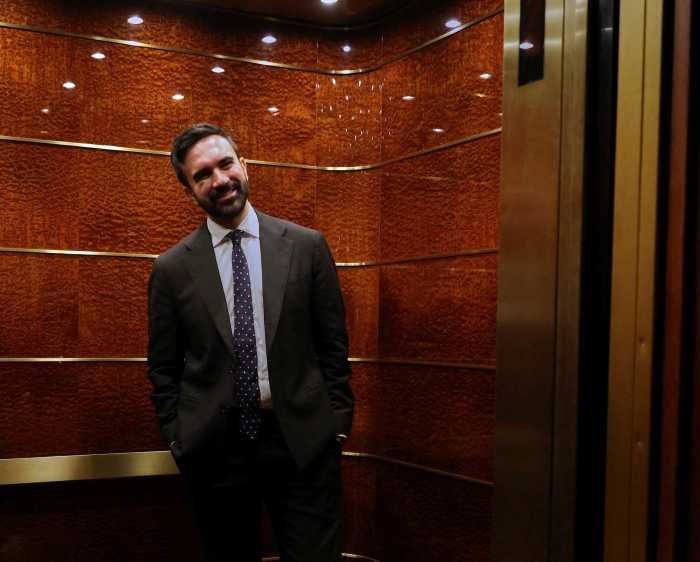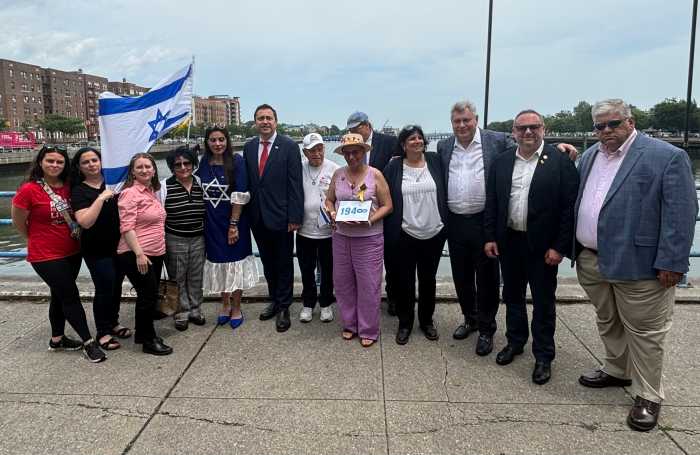Facing declining ridership and rising costs, the MTA will need new revenue sources to avoid its planned fare and toll hike in 2019 and to fight widening budget gaps, officials said Wednesday.
MTA chairman Joe Lhota said he was “sympathetic” to the idea of ending biennial fare and toll increases, but, given the relatively grim state of finances at the agency, he couldn’t make any promises.
“We will do everything we can. No decisions have been made one way or another,” Lhota said on the prospect of a fare hike in 2019 during a news conference with reporters after an MTA board meeting. “My job statutorily is to balance the budget of the MTA. I’ll have to do what’s necessary.
“Right now … we are still looking at a less-than-inflation increase in fare and tolls in 2019 overall,” he continued. “But if the revenues come in sooner than later and we can not have the increases — that would be a good thing as well.”
If the MTA’s board declines to implement fare hikes outlined for 2019 and 2021 and if the agency doesn’t reach its “harder-to-achieve” savings targets, it could be facing a $1.7 billion budget gap by 2021, according to MTA CFO Robert Foran, who presented the agency’s budget forecast to the board Wednesday.
And even if the two fare hikes are carried out, the agency is still projected to see budget shortfalls beginning in 2020, with a $1 billion deficit in 2020 and 2021 combined. That’s in part due to Lhota’s Subway Action Plan, which will cost about $320 million annually, when fare and toll revenue is expected to drop by $281 million.
“New revenue sources will have to be identified for operations and for capital,” Foran said, adding more optimistically, “This is also the kind of profile you see every time we do a financial plan. There are gaps in the out years and we just address them. And as we get closer we have started to nibble away and sometimes take big bites out of those gaps and bring them down … but it’s been 10 years since we received the last major investment in revenues.”
Both Mayor Bill de Blasio and Gov. Andrew Cuomo agree that the agency needs new sources of funding, but each has their own plan to implement them. The mayor has pitched a millionaires tax to fund transit improvements and the governor has been preparing a congestion pricing plan to be detailed in his next State of the State address in January. Each are cool on the other’s idea.
Nicole Gelinas, a senior fellow at the Manhattan Institute, said MTA finances are “markedly deteriorating.” Even with new revenue streams, unless the agency addresses rising health care and pension costs, it will be kicking its financial problems further down the line.
“It’s certainly reasonable that we’ll see the new revenue streams, given Cuomo’s interest,” Gelinas said, “But it’s just a repeat of the bailout in 2009, where [lawmakers] approved huge new revenue in the payroll mobility tax — and now they’re right back where they were.”



